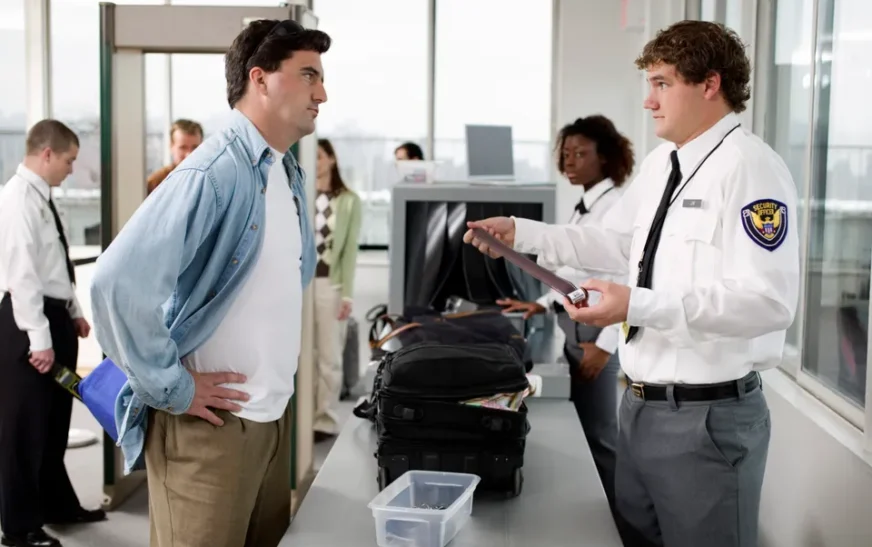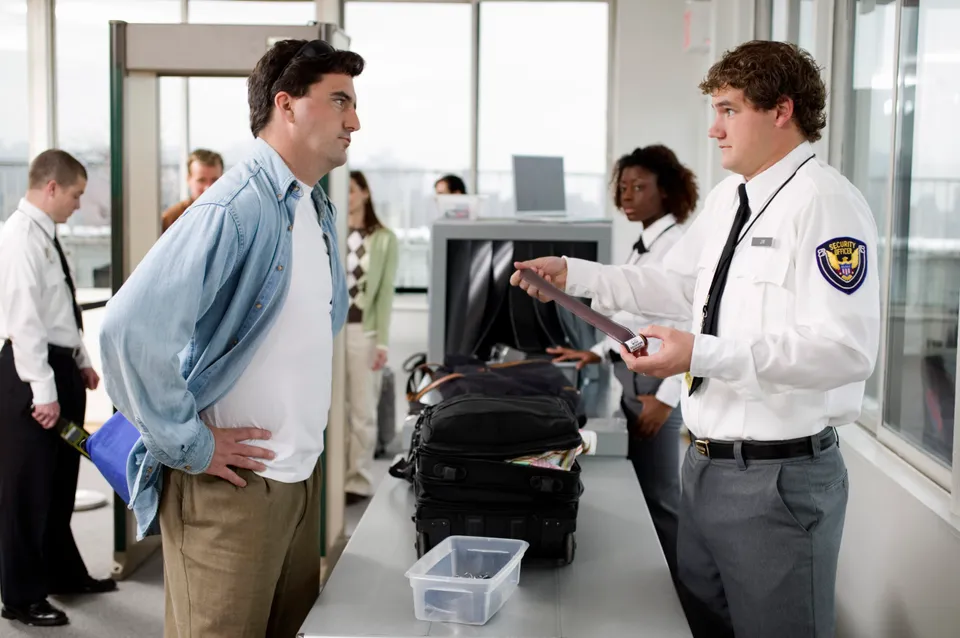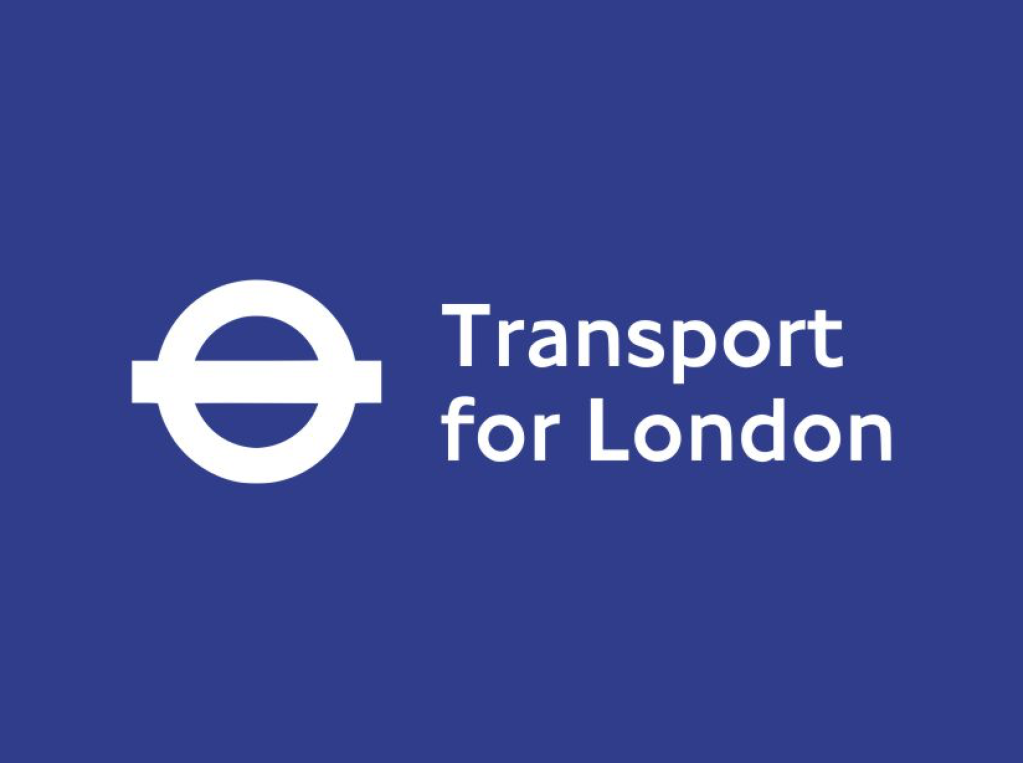Discover the vital responsibilities of a transportation security specialist, the skills needed, and how they contribute to public safety in various transport sectors.
Introduction:
More than ever, risk within transport medium has become so important because transport itself has become as routine as coffee in the morning. You may have observed security searching through bags at airports, stations, or bus terminals, or possibly on trains; they are usually security agents. Enter the unsung heroes of the transportation realm: Experts in transportation security!
The very unsung heroes who tirelessly sacrifice their time to work hard to keep our traveling safe. And who can and should write about their duties, competencies, and contributions that are a part of our daily lives?
Most of my readers must be wondering what a Transportation Security Specialist is all about.
In a nutshell, transportation security specialist means the protection of people and cargo in different transport environments. Regardless of whether they work at an airport or a shipping port or even a public transportation system, their work is all about threat detection, Security measures, and Management of Safety.
Key Responsibilities:
Here’s a rundown of what transportation security specialists typically do:
Risk Assessment: It outlines measures of potential risk and emerging vulnerabilities in the transport system.
Security Protocol Development: They design and implement security procedures suitable for certain conditions.
Training Personnel: Individuals are usually tasked with the role of sensitizing other employees about security measures and disasters preparedness.
Monitoring: The watchword here is vigilance. Such employees control the security cameras and oversee the examination of the premises periodically.
Collaboration: Such specialists have a cooperation with the police and other institutions to combat security issues.
Incident Response: As for security and emergencies they are the ones who act first directing people to evacuate or stay safe.
Skills Required
Thus, what would be necessary to implement to be a transportation security specialist? Here are a few key skills:
- Attention to Detail: Inability or reduction of perception of the smallest disparities can lead to critical mishaps.
- Communication Skills: This means that they must be able to pass information and protocol to a variety of people.
- Problem-Solving Skills: Perplexity ranges play an extreme role in calamities and should thus be well dealt with.
- Technical Proficiency: Good knowledge of surveillance technology and security systems is required.
- Physical Fitness: On some occasions, they may be required to exercise physically where the job requires so.
Why There Is a Need to Hire Transportation Security Specialists
Public Safety and Confidence
Let’s face it: everyone dreads to stay for hours in the airport only to be stuck for security checks but believe me, they are important! Transportation security specialists are therefore identified to occupy a central place in building confidence among the traveler. It is comforting to know that such targeted individuals are out there “watching our backs”.
Preventing Threats
This means they can detect probable threats before they even blow up. Specialists in transportation security reduced risks of terrorism, smuggling, and other unlawful activities by conducting adequate risk analyses and risk management.
Adapting to Change
Transportation security specialists need to be able to change with the times: whether that means adjusting to the rise of new technology in the field or adjusting to new threats that have emerged in the environment. Constantly, they seek to understand the trends in security and find ways how to counteract them. Talk about a challenging job!
Transportation Security Specialist Career:
How to Become a TSA Agent:
It is great to consider this important position. Well here is a step-by-step guide to help you begin!
Educational Requirements:
While there’s no one-size-fits-all pathway, here are some common educational routes:
Associate’s or Bachelor’s Degree: Some jobs demand a holder of a degree in criminal justice, security management, or any related field.
Certifications: There are many certifications such as the TSA training to make you a more desirable candidate.
Gaining Experience:
Experience matters! It would be wise to start with police or soldiers, or possibly security guards for airports or any transportation related industries.
Building Skills:
As noted before, the degree of refinement of the required skills is paramount. Here are a few ways to develop them:
- Training Programs: Search for programs with subjects on security measures in place.
- Networking: Seek the contribution of people in the sector in order to learn from them and be guided.
Job Search Tips:
When you’re ready to hit the job market, keep these tips in mind:
- Tailor Your Resume: Enumerate skills and experience that are most applicable to the position for which the person is applying for.
- Prepare for Interviews: Especially be prepared to answer questions that are purely hypothetical and say how you would like to handle it.
- Stay Updated: Join the discussion list to show your concern and expertise.
Scholars’ Views on ‘’The Future of Transportation Security’’
Innovations in Technology:
That’s the case with transportation security specialists who are always on the move to respond to the advances in technology. Everything from scan to Artificial Intelligence Security is revolutionizing how security is implemented.
Increasing Collaboration:
He stated that one could expect increased inter-agency cooperation—particularly between local, federal, and international organizations. This paper establishes that information sharing can improve threat identification and management.
Training for the Unexpected:
Not that aspects of threat change though the manner of training also alters with the changing threats. Specialists of the future will also have to meet new challenges, starting with cyber threats and ending with biosecurity. It means that only mentor and training sessions on an ongoing basis as well as the use of dramatic training situations will be effective.
Transportation security specialists frequently asked questions(FAQs)
Q: How much does a transportation security specialist earn?
A: Getting paid depends on location and experience, and it can be between forty thousand and seventy thousand US dollars annually.
Q: Is it possible to advance in this field?
A: Absolutely! Experience accumulated can enhance a specialist to become a supervisor or manager or even move into niches such as cybersecurity.
Q: How is it at your workplace?
A: There is pressure to work quickly and efficiently, and that is particularly true when working in airports or other large transport terminals, but it is a very fulfilling job.
Q: Are the transport security specialists shift workers?
A: Indeed, there are many shift workers since transportation prevails throughout the day and night.
Conclusion:
Transportation security specialists are amongst the key stakeholders in the security of our transportation systems. Their skills, professionalism, and devotion mean that one can move around knowing fully well they are protected whichever means, –flying, driving, or sailing. These specialists will require quite a lot of flexibility as the world evolves to be able to identify these threats and get a handle on them.











